Changes are afoot as budgetary and policy shifts in the One Big Beautiful Bill (OBBBA) fall under Congressional review. Should the bill pass, social programs will undergo significant modifications, including the Supplemental Nutrition Assistance Program (SNAP). In Pennsylvania, over two million people use SNAP (or food stamps) to buy groceries. Most recipients live in rural parts of the state, and more than half are children or older adults.
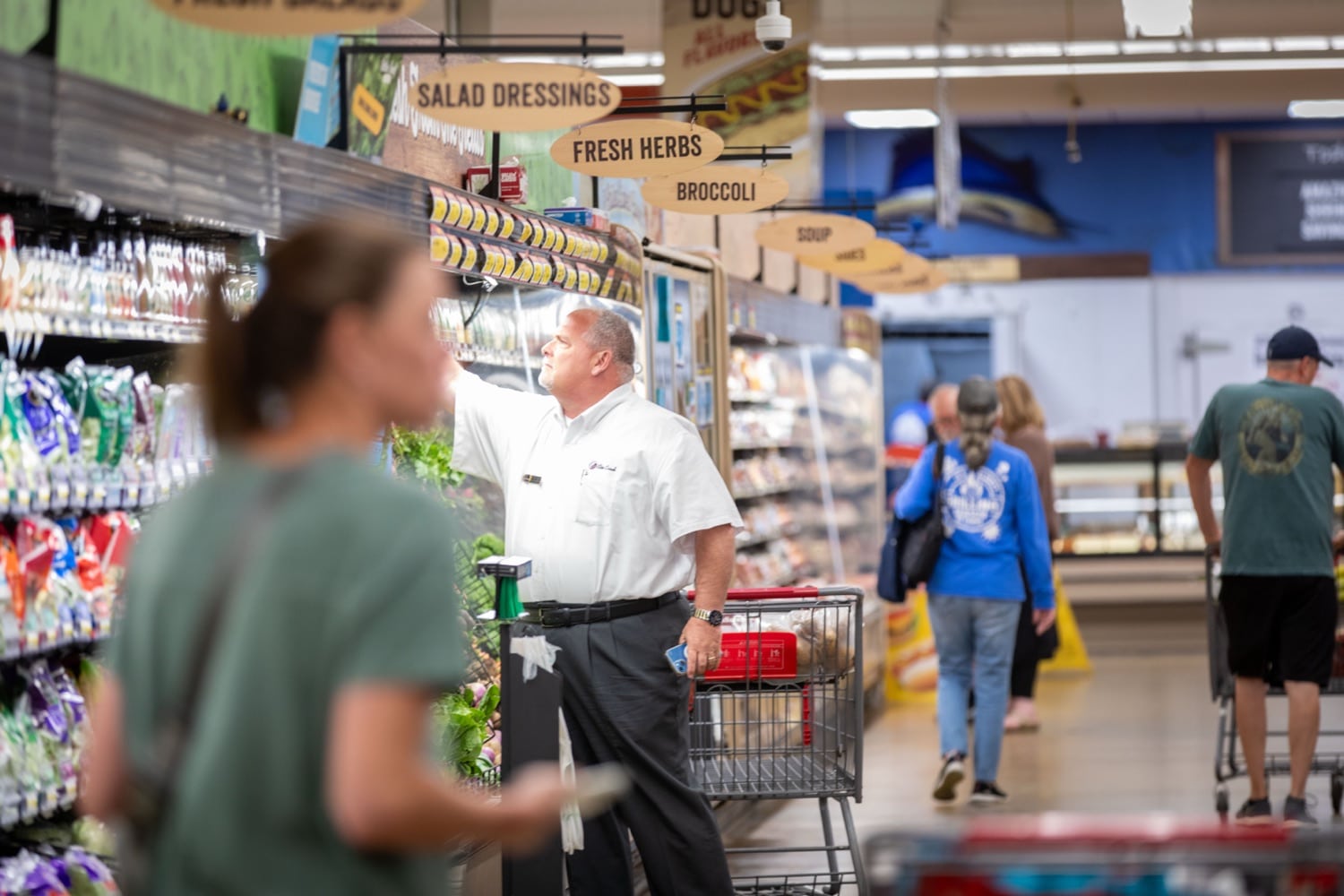
Inside of Karn’s Quality Food, which works with local PA suppliers
The SNAP program has a proven impact, not just on food security (which it strengthens), but on the economy, small businesses and healthcare. SNAP, which averages about $175 per recipient per month in Pennsylvania, is not a loss or net neutral, but a powerful economic multiplier. Every dollar spent in SNAP generates about $1.50 in economic activity. That investment goes right into local economies and businesses. SNAP also promotes overall health, with recipients saving an average of $1,400 per year in medical care costs. SNAP also helps bridge the gap between jobs, quickly supporting families in times of increased need. Over 80% of households receiving SNAP benefits include a child, senior or person living with disabilities.
We’re taking a look at some of the proposed changes to SNAP, and what they mean to Pennsylvanians:
Elimination of SNAP Nutrition Education (SNAP-Ed)

SNAP-Ed is an educational program that’s set to be cut altogether. It’s an evidence-based program that helps SNAP recipients and low-income families learn how to stretch their dollar, try new, healthy foods, prepare healthy and tasty meals and engage in physical activity. SNAP-Ed classes are hands-on and focus on real-life interests and needs. They take place at food agencies, schools, grocery stores, health clinics, community, WIC and senior centers and online, with an emphasis on accessibility and inclusivity.
SNAP-Ed also supports local farmers by connecting them with SNAP recipients who may not ordinarily have the time or resources to get out to a farm stand to shop. In a news feature on how SNAP-Ed supports farmers markets and healthy lifestyles for low-income Pennsylvanians, Penn State University shared the value of a farmers market program made possible through SNAP-Ed. “In 2024, the SNAP-Ed funding enabled 367 market events that provided revenue for 23 Pennsylvania farmers.”
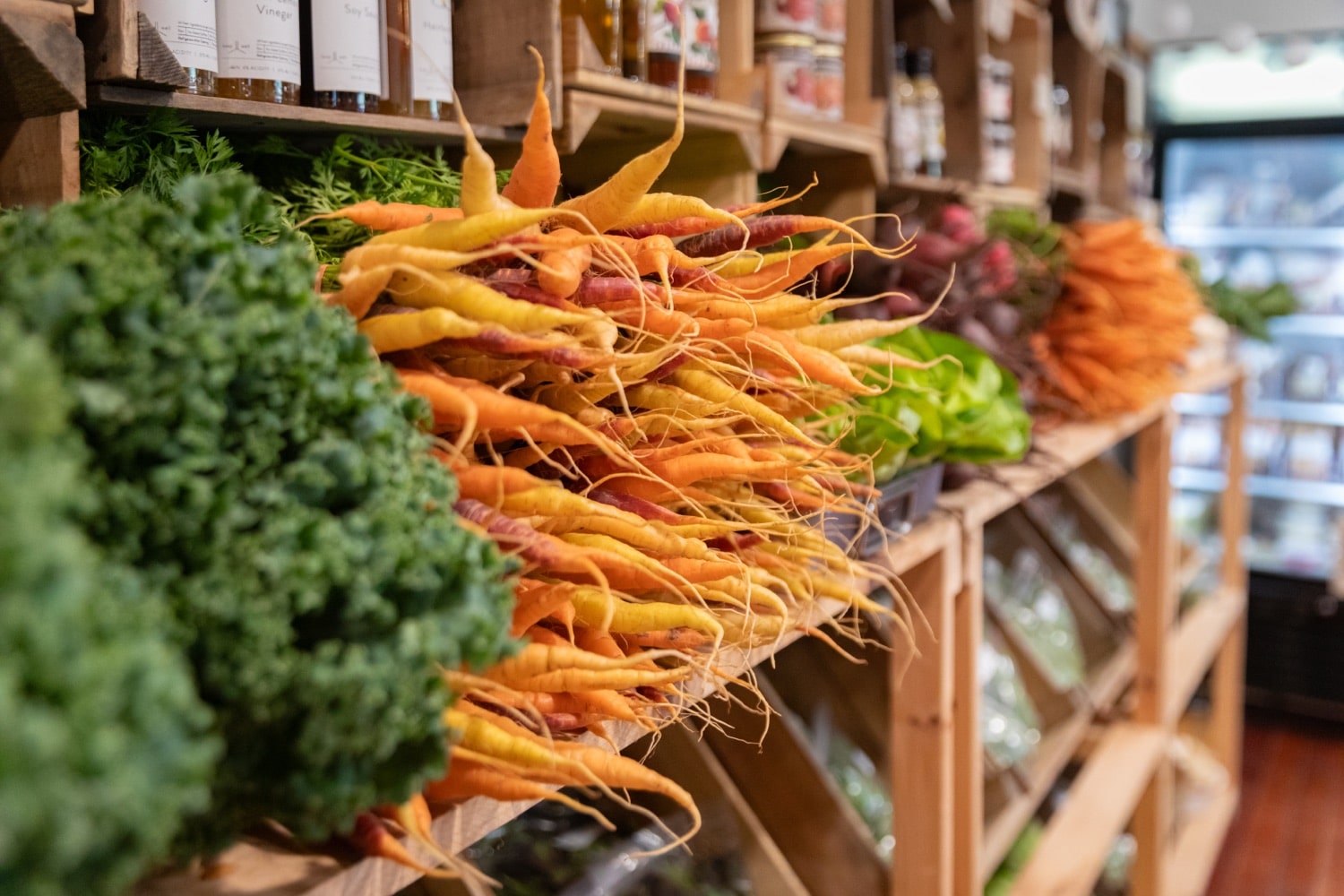
Inside of People’s Provisions in Elliotsburg where Agriculture Secretary Russell Redding joined agriculture business leaders and farmers to bring attention to the consequences that proposed federal funding reductions for the Supplemental Nutrition Assistance Program (SNAP) will have on Pennsylvania farmers, grocery businesses, and families.
According to the PA Nutrition Education Network, 21 SNAP-Ed partner agencies reached 158,095 people in Pennsylvania in 2024 through 52,525 Nutrition Education sessions held at 1,784 sites. The OBBBA would eliminate the funding for this entirely.
State Cost Sharing
The OBBBA includes a cost sharing mandate for states, requiring them to cover at least 5% of SNAP benefit costs and 75% of administrative costs. States can also lose funds if state error rates exceed 6%, a system many view as a punitive cycle where administrative mistakes beget cuts to staff and funding, inevitably leading to more mistakes. These can include over and under payments, missing signatures and other paperwork details. Pennsylvania, with an administrative error rate of about 10%, would have to pay 15% of SNAP benefit costs for the first time. According to the Philadelphia Inquirer, PA’s SNAP costs could very feasibly triple.
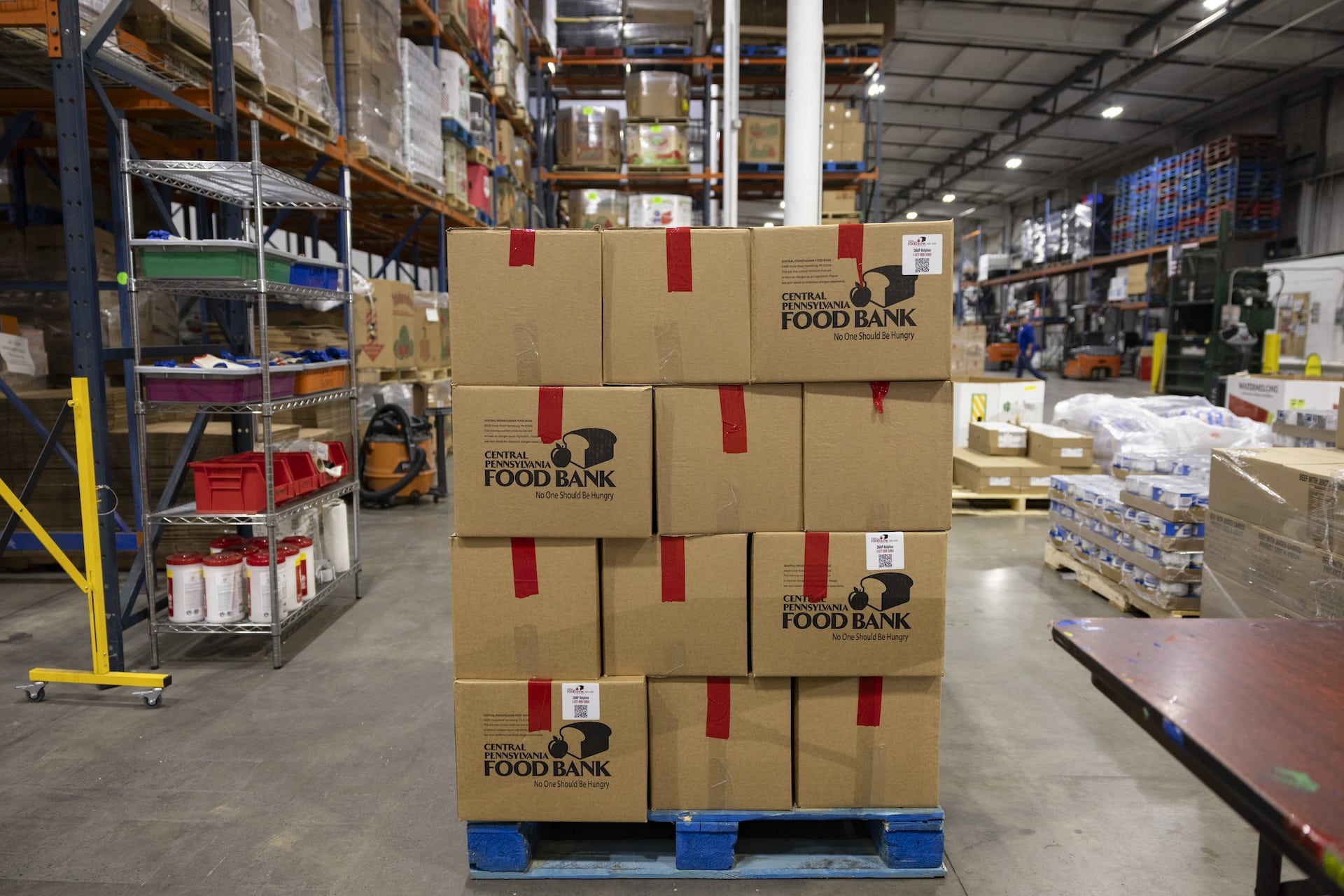
Governor Shapiro believes the mandate is untenable, saying, “This bill shifts $1 billion in food assistance costs from the federal government onto our state budget. We cannot make up those dollars and as a result, at least 140,000 Pennsylvanians could lose access to assistance they need to put food on the table.”
Stricter Work Requirements
With the OBBBA, increased restrictions would mean decreased eligibility for Pennsylvanians benefitting from SNAP. For one, it would require citizens to work up to a decade longer to remain eligible, mandating employment or community service for Able-Bodied Adults Without Dependents (ABAWDs) through age 64. Currently, the mandate applies through age 54.
Single parents with children as young as seven, homeless individuals, veterans and former foster youth would no longer qualify for exemption from the work requirement by 2030 under OBBBA. This will likely lead to food benefit loss for populations of Pennsylvanians already dealing with mental health, cognitive impairment, and malnutrition comorbidities, should the bill pass.
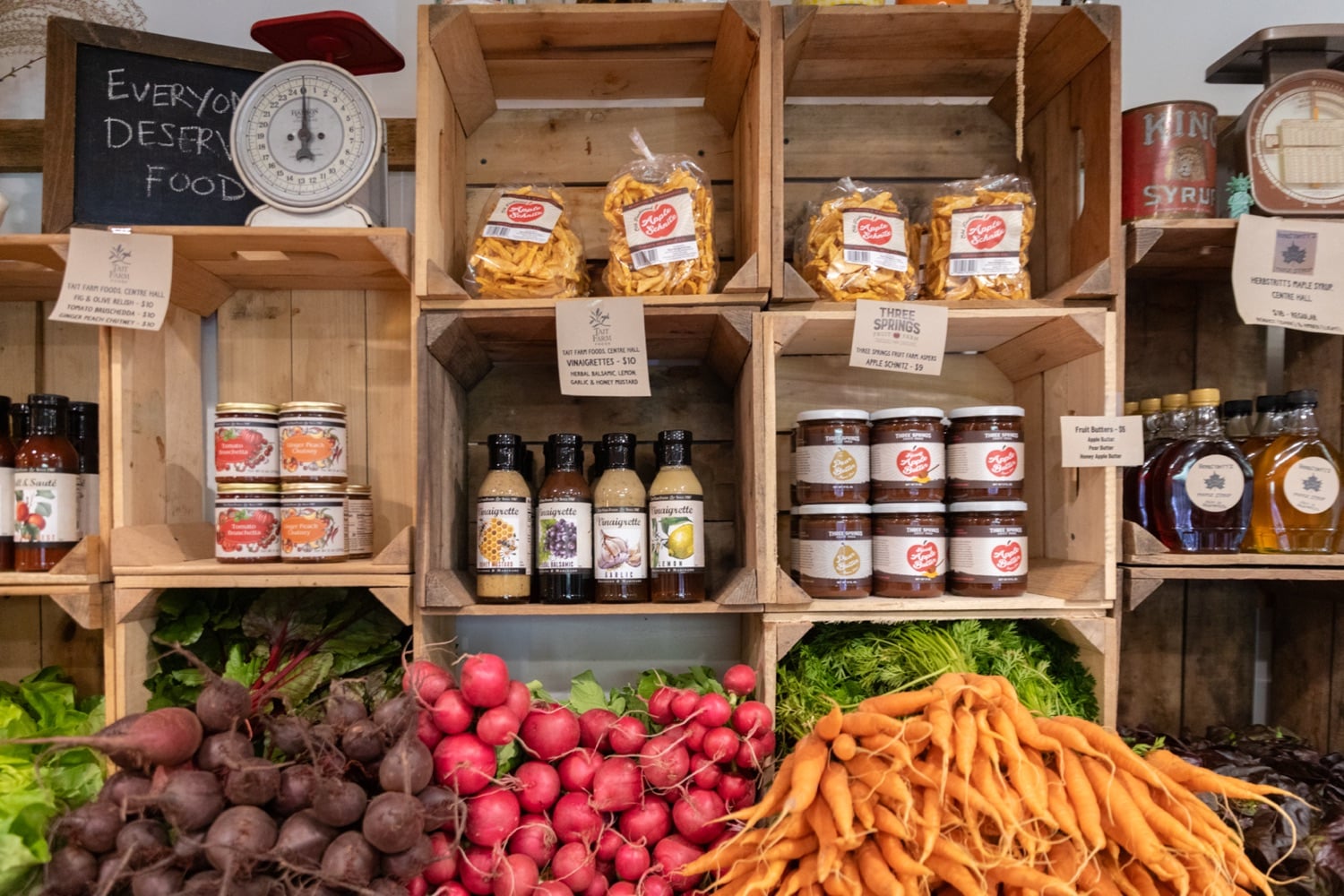
Inside of People’s Provisions
Finally, far fewer individuals facing hardship can seek exemption from the work requirements in the OBBBA. State agencies can currently exempt 8% of individuals, but just 1% in the proposed bill.
In a statement on June 17, PA Secretary Arkoosh of the Department of Human Services said, “SNAP helps people meet one of our most essential needs – allowing them to participate fully in work and school and live healthier. Should these proposals to change SNAP become law, vulnerable children, people with disabilities, older Pennsylvanians, and many others would see their access to food at risk and will further destabilize our agricultural economy and workforce during a tumultuous time. Congress’ proposed changes would fundamentally destabilize this program that helps both our communities and our economy. These changes are not fiscally responsible – they will only disrupt our Commonwealth’s economy, workforce, and charitable food network and cause thousands of Pennsylvanians to go hungry.”
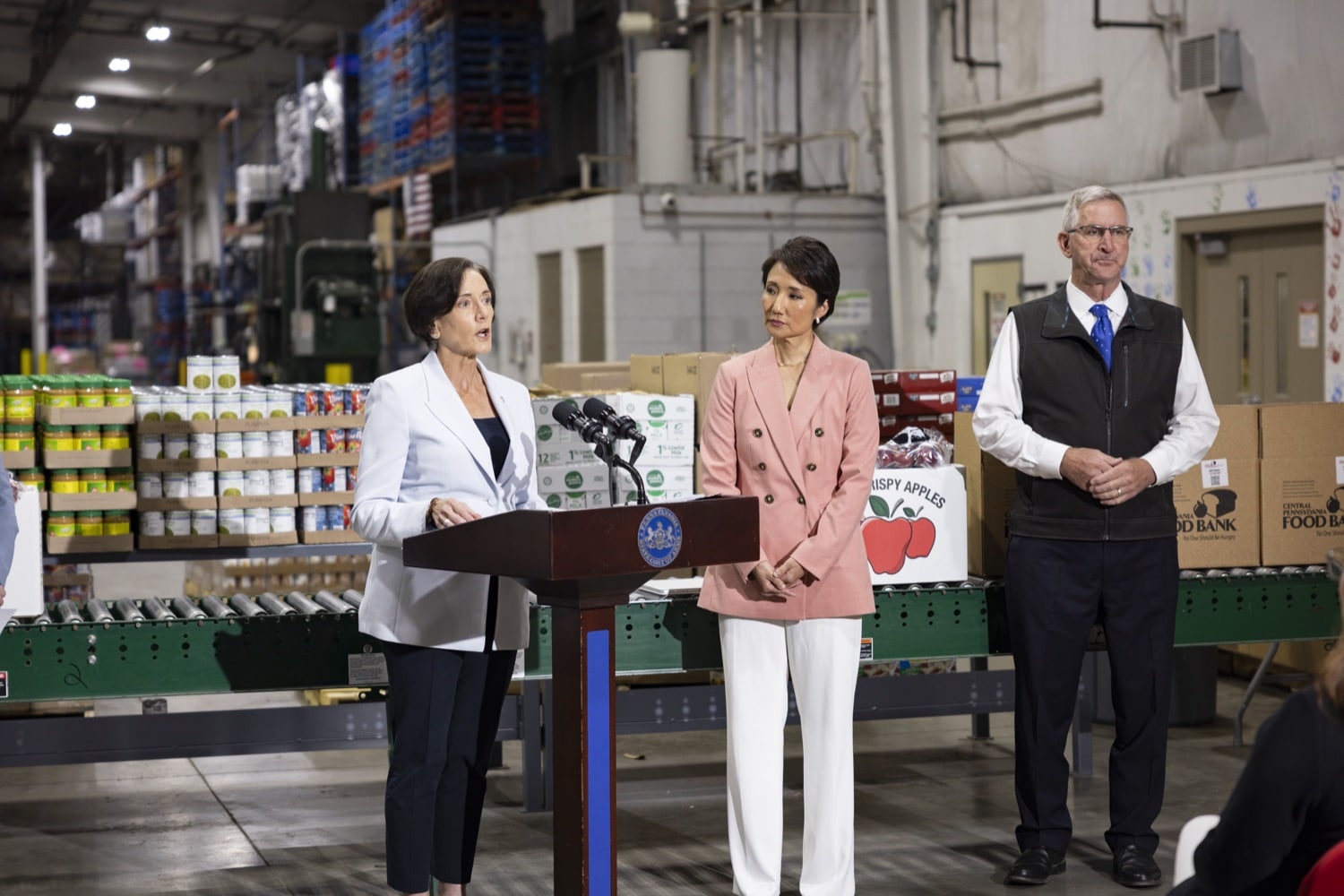
Department of Human Services Secretary Dr. Val Arkoosh discusses the importance of SNAP.
To learn more about the OBBBA, check out Ballotpedia’s nonpartisan explanation. The bill currently heads to the House after passing through the Senate with endorsement from Senator McCormick and opposition from Senator Fetterman. Click here to find your Representative, tap into your local charitable food network to support neighbors experiencing hunger, and check out these five ways to build food security in your community.
- Vegetable chopping photo: Bigstock
- All other photos: Commonwealth Media Services

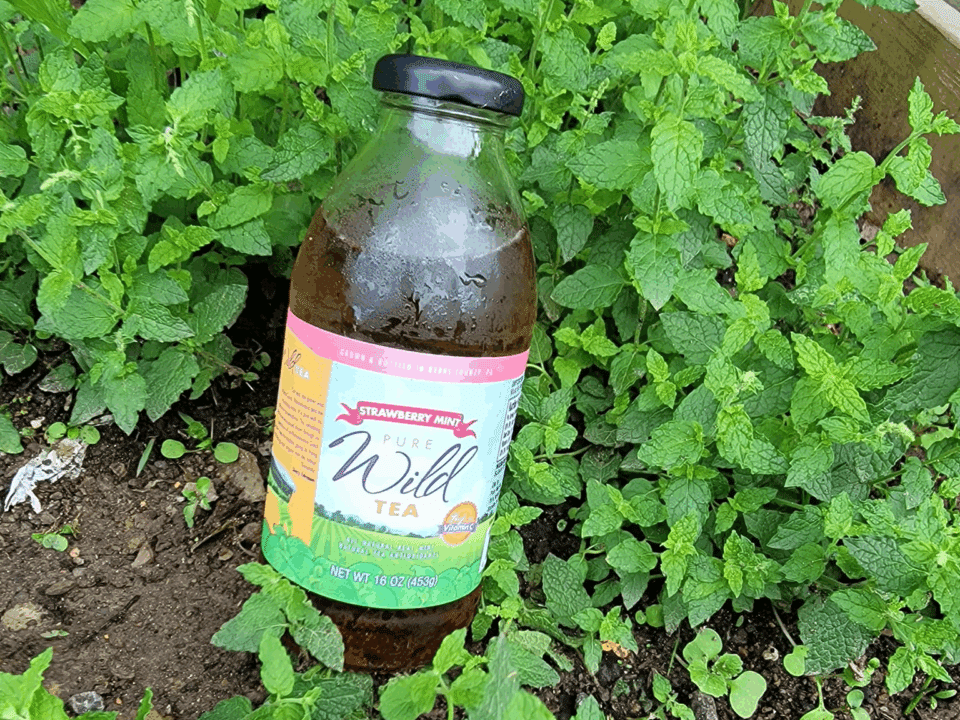



One Comment